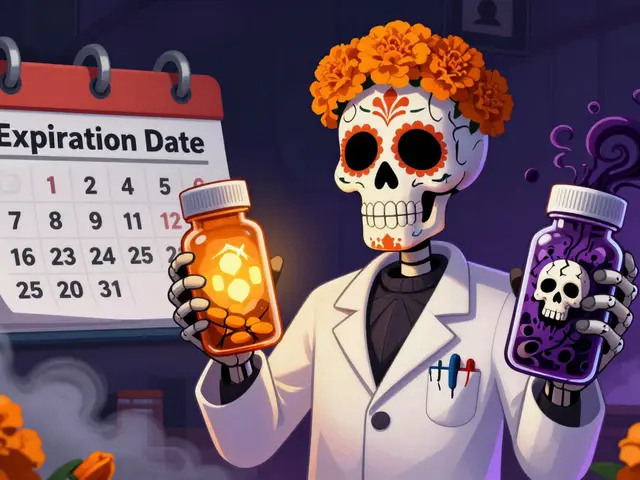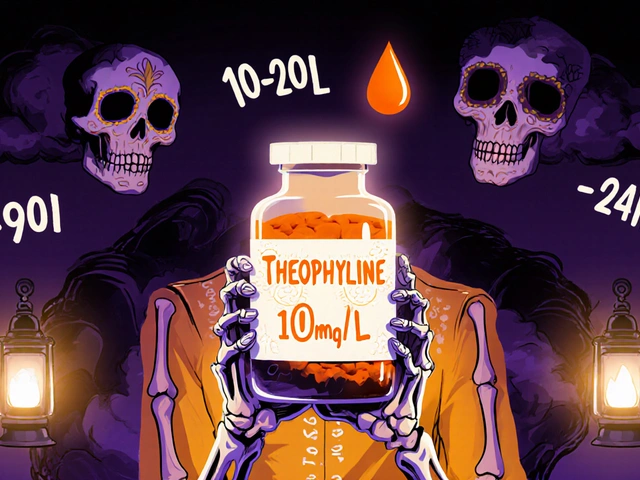Nasal Polyps: Causes, Treatments, and What Works Best
When you keep feeling stuffed up, lose your sense of smell, or wake up with a constant drip, it might not be a cold—it could be nasal polyps, noncancerous growths in the lining of your nose or sinuses that block airflow and trigger chronic inflammation. Also known as sinus polyps, they’re not rare, especially if you have asthma, allergies, or long-term sinus infections. These soft, grape-like clumps don’t hurt, but they make breathing feel like you’re always running a low-grade cold. And they don’t just sit there—they push on nerves, mess with drainage, and can even change how your voice sounds.
Nasal polyps rarely show up alone. They’re usually tied to something deeper, like chronic sinusitis, a persistent inflammation of the sinus cavities lasting more than 12 weeks. People with this condition often get repeated infections, facial pressure, and thick mucus that won’t clear. The polyps form as a result of that ongoing swelling. Then there’s corticosteroid sprays, the first-line treatment that shrinks polyps by calming the immune response in the nasal lining. Fluticasone, mometasone, budesonide—these aren’t magic, but they work for most people if used daily for weeks. If they don’t help, doctors often suggest a short course of oral steroids. Surgery is the next step if meds fail, but even after removal, polyps can come back unless the root cause is managed.
What you won’t find in most guides is how lifestyle and environment play into this. Dry air, smoke, pollution, and even certain foods can worsen swelling. Many people don’t realize that rinsing the nose with salt water isn’t just for allergies—it’s a basic tool for keeping polyps from growing back. And if you’re on long-term steroid sprays, you need to know the risks: thinning skin inside the nose, nosebleeds, or even fungal infections. It’s not just about treating the growth—it’s about controlling the inflammation that makes it grow.
Below, you’ll find real comparisons: which nasal sprays actually reduce polyp size, when surgery makes sense, how antifungals fit in, and what alternatives people try when standard treatments don’t work. No fluff. Just what works, what doesn’t, and what to ask your doctor next.





